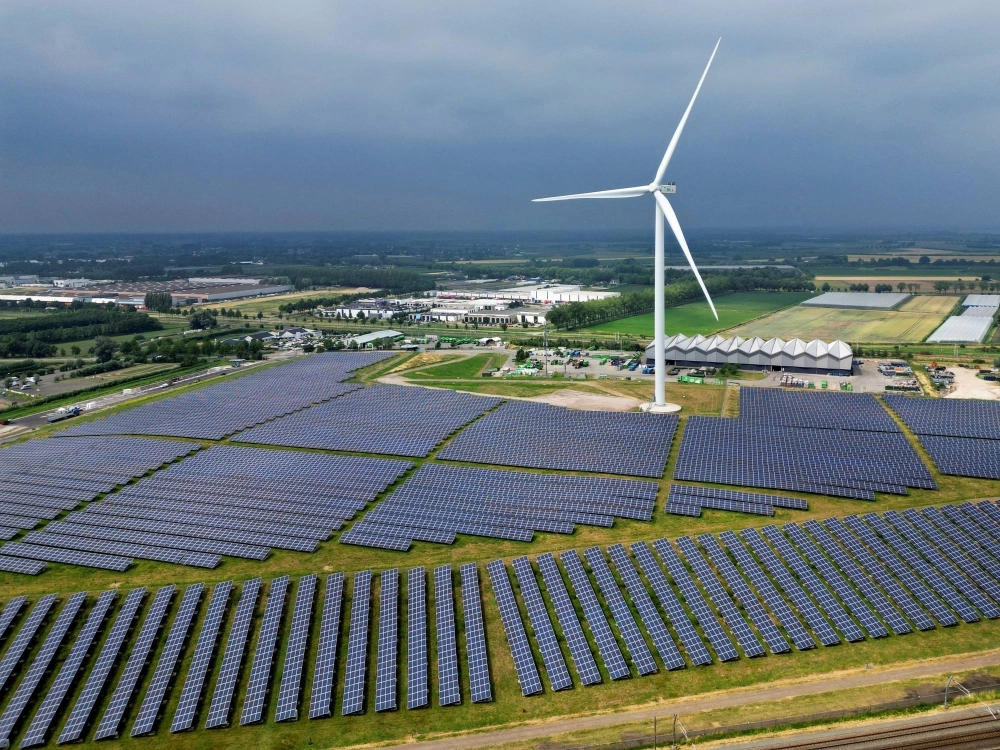If you’ve ever carried a credit-card balance, you know the pain of watching interest charges accumulate, turning what was once a high but manageable expense into an express ticket to bankruptcy. The clean-energy transition is kind of like this: The longer we delay paying for it, the more crushing the cost will become.
BloombergNEF’s latest New Energy Outlook, a 250-page State of the Transition address, estimates the world must invest $215 trillion by 2050 to zero out carbon emissions and limit global heating to a merely disastrous 1.75 degrees Celsius above preindustrial averages. That amount is what economists call "a lot.”
But readers with long memories might recall that, just a year ago, BNEF suggested this cost would be $196 trillion. This year’s estimate represents a nearly 10% increase. I know what you’re probably thinking: "Thanks a lot, Joe Biden’s inflation.” But the real issue is that the $1.8 trillion the world invested in the transition in 2023 was well behind the pace necessary to achieve net zero.


















With your current subscription plan you can comment on stories. However, before writing your first comment, please create a display name in the Profile section of your subscriber account page.